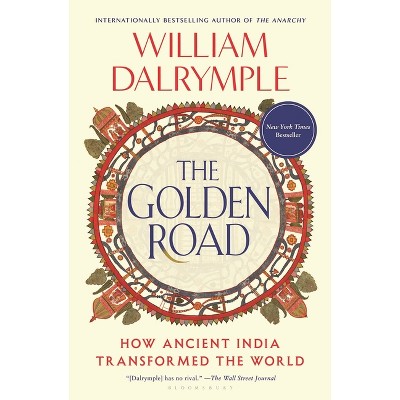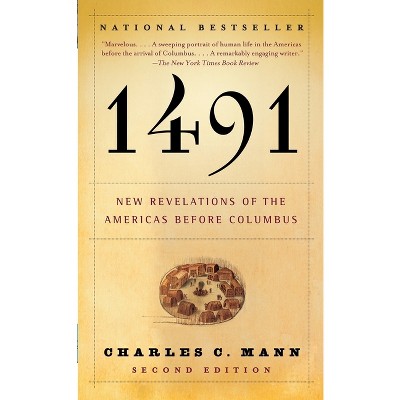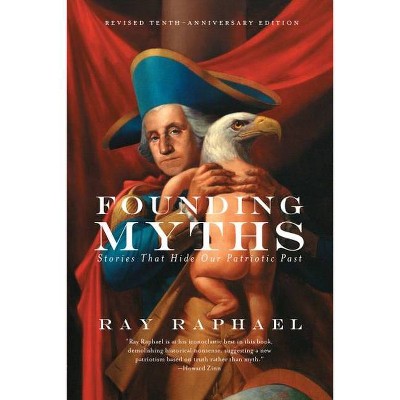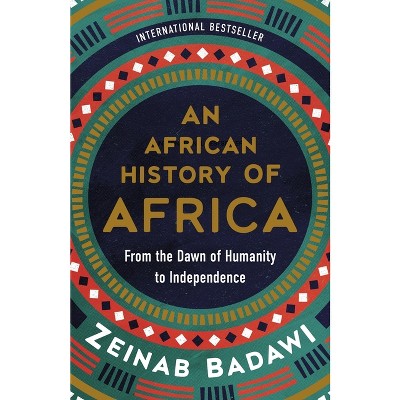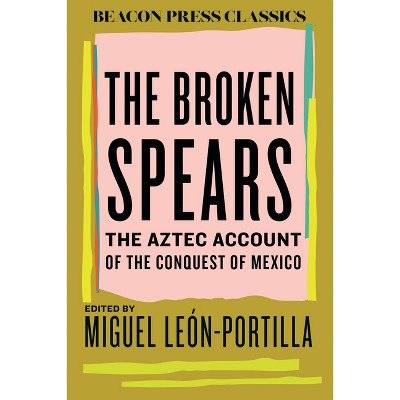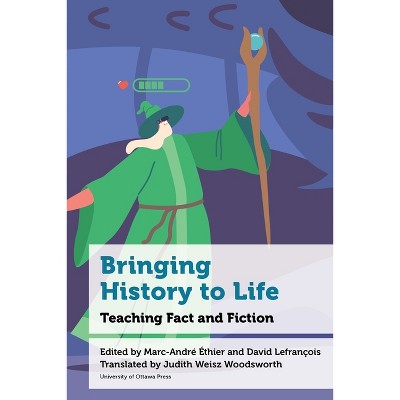Sponsored

Let the Oppressed Go Free - (Early American Studies) by Nicholas P Wood (Hardcover)
$45.00
Out of Stock
Eligible for registries and wish lists
Sponsored
About this item
Highlights
- Tenacious activism by Quakers, African Americans, and antislavery evangelicals made antislavery central to the American Revolution In Let the Oppressed Go Free, Nicholas P. Wood presents the opponents of slavery who sustained and expanded the antislavery movement during the American Revolution in the face of widespread hostility.
- About the Author: Nicholas P. Wood is Associate Professor of History at Spring Hill College.
- 384 Pages
- History, United States
- Series Name: Early American Studies
Description
Book Synopsis
Tenacious activism by Quakers, African Americans, and antislavery evangelicals made antislavery central to the American Revolution
In Let the Oppressed Go Free, Nicholas P. Wood presents the opponents of slavery who sustained and expanded the antislavery movement during the American Revolution in the face of widespread hostility. These early abolitionists were inspired by antislavery theology: the view that slavery was a sinful form of oppression that would provoke God's wrath against slaveholding societies. These principles were first advanced by a handful of Quakers and Puritans as early as the 1600s, but they did not become widespread until the second half of the eighteenth century. Quakers embraced antislavery theology during the French and Indian War, which they interpreted as divine chastisement for the sin of colonial slavery. Citing the prophet Isaiah, they pledged to please the Lord by letting the oppressed go free. Antislavery theology became even more prominent during the American Revolution. When Parliament provoked an imperial crisis in the 1760s, abolitionists argued it was further evidence of God's anger over slavery. The outbreak of war in 1775 made these arguments increasingly persuasive. Let the Oppressed Go Free demonstrates that antislavery activism during the Revolution by Quakers, African Americans, and evangelical patriots was more sophisticated and influential than historians have recognized. The northern states that began abolishing slavery during the Revolution did so in response to tenacious agitation and generally described their actions as designed to earn God's blessing. Let the Oppressed Go Free challenges many common assumptions about abolitionism and the American Revolution. Wood demonstrates that religion remained central to abolitionism rather than being displaced by "secular" arguments about natural rights. And whereas some have argued that the Revolutionary War hindered antislavery progress and fueled racism, Wood shows that the war accelerated reform.Review Quotes
"Abolitionism is too often portrayed as a nineteenth-century phenomenon. Nicholas P. Wood's Let the Oppressed Go Free demonstrates that a true genealogy of abolitionism in North America should begin in the 1600s, born of religious fervor that moved many American patriots to adopt an antislavery position during, and in the aftermath of, the American Revolution. This well-researched and passionately written work is a major contribution to the history of slavery and abolition in our country."-- "Annette Gordon-Reed, author of The Hemingses of Monticello: An American Family"
"Nicholas P. Wood insightfully demonstrates how abolitionists, as individuals and in groups, fought enslavement throughout the colonial and revolutionary eras, challenging historians who have minimized the impact of Quakers and Black Americans during that period. Wood's careful analysis of essays, petitions, court cases, and meeting records emphasizes how abolitionist reformers marshalled religious belief and collective action, persistently warning of God's wrath for the sin of holding people as slaves."-- "Jean Soderlund, author of Quakers and Slavery: A Divided Spirit"
"With scrupulous scholarship, original research, and careful attention to text and context, Nicholas P. Wood restores the place of religion in early American antislavery thought, rebalances the relationship between the sacred and the secular and, thereby, rewrites the origins of the antislavery movement in Revolutionary America. A foundational contribution to a fundamental subject."-- "Christopher Leslie Brown, author of Moral Capital: Foundations of British Abolitionism"
About the Author
Nicholas P. Wood is Associate Professor of History at Spring Hill College.Dimensions (Overall): 9.1 Inches (H) x 6.1 Inches (W) x 1.3 Inches (D)
Weight: 1.6 Pounds
Suggested Age: 22 Years and Up
Number of Pages: 384
Genre: History
Sub-Genre: United States
Series Title: Early American Studies
Publisher: University of Pennsylvania Press
Format: Hardcover
Author: Nicholas P Wood
Language: English
Street Date: November 4, 2025
TCIN: 94310157
UPC: 9781512828320
Item Number (DPCI): 247-03-7056
Origin: Made in the USA or Imported
If the item details aren’t accurate or complete, we want to know about it.
Shipping details
Estimated ship dimensions: 1.3 inches length x 6.1 inches width x 9.1 inches height
Estimated ship weight: 1.6 pounds
We regret that this item cannot be shipped to PO Boxes.
This item cannot be shipped to the following locations: American Samoa (see also separate entry under AS), Guam (see also separate entry under GU), Northern Mariana Islands, Puerto Rico (see also separate entry under PR), United States Minor Outlying Islands, Virgin Islands, U.S., APO/FPO
Return details
This item can be returned to any Target store or Target.com.
This item must be returned within 90 days of the date it was purchased in store, shipped, delivered by a Shipt shopper, or made ready for pickup.
See the return policy for complete information.
Guests also viewed
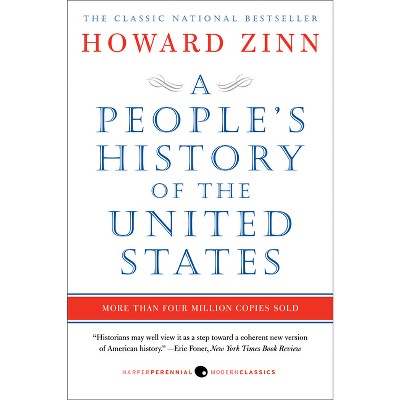
$18.79 - $26.69
MSRP $23.99 - $45.00
5 out of 5 stars with 7 ratings
Discover more options

$9.99 - $11.23
MSRP $9.99 - $19.99
4 out of 5 stars with 1 ratings
